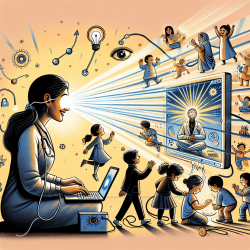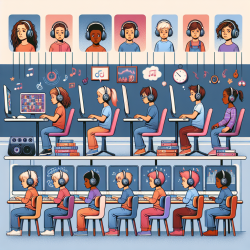In recent years, sexual choking has emerged as a prevalent practice among young adults, often learned through unconventional means such as internet memes. A study titled #ChokeMeDaddy: A Content Analysis of Memes Related to Choking/Strangulation During Sex delves into how these memes contribute to the understanding and normalization of this behavior. This blog post aims to provide practitioners with insights into how they can improve their skills by understanding these dynamics and encouraging further research.
The Power of Memes in Sexual Learning
Memes are a pervasive form of digital communication that often blend humor with cultural commentary. They are shared widely across social media platforms like Twitter, Instagram, Facebook, and Reddit, making them a potent tool for spreading ideas rapidly. The study analyzed 316 memes related to sexual choking to understand the messages they convey about this practice.
Key Findings from the Study
- Communication Gaps: Many memes highlight lapses in communication regarding sexual choking, often portraying it humorously as a misunderstanding or naiveté about the practice.
- Gender Dynamics: The memes predominantly depict scenarios where women are choked by men, reflecting traditional gender roles and power imbalances.
- Normalization of Danger: Despite recognizing the potential dangers of choking, many memes trivialize these risks through humor, potentially normalizing harmful behavior.
- Romanticization and Sexualization: Some memes romanticize choking as a desirable aspect of rough sex or an indicator of strong desire.
- Religious and Cultural References: Particularly in Spanish-language memes, there are references to religious themes that intertwine with ideas about sexuality and shame.
Implications for Practitioners
The findings from this study have significant implications for practitioners working in sexual health education and counseling. Here are some ways practitioners can leverage these insights:
Integrating Media Literacy into Sexual Education
Given the influential role of memes in shaping perceptions, it is crucial for educators to incorporate media literacy into their programs. By teaching students how to critically analyze memes and other digital content, educators can help them discern between healthy and harmful messages about sexual behaviors.
Addressing Gender Dynamics and Consent
The portrayal of gendered power imbalances in memes underscores the need for discussions around consent and communication in sexual relationships. Practitioners should emphasize the importance of mutual consent and clear communication to prevent misunderstandings and ensure safety.
Promoting Safe Practices
While some memes attempt to provide instructional content on "safe" choking practices, they often lack evidence-based information. Practitioners should provide accurate guidance on minimizing risks associated with sexual choking and encourage open conversations about boundaries and safety measures.
Encouraging Further Research
The study's findings highlight the need for ongoing research into how digital media influences sexual behaviors. Practitioners should advocate for more studies that explore the impact of internet culture on young people's understanding of sexuality and consent.
The role of internet memes in shaping perceptions of sexual behaviors like choking is complex and multifaceted. By integrating media literacy into educational programs and promoting safe practices, practitioners can help young people navigate these influences responsibly. To read the original research paper that inspired this discussion, please follow this link: #ChokeMeDaddy: A Content Analysis of Memes Related to Choking/Strangulation During Sex.










